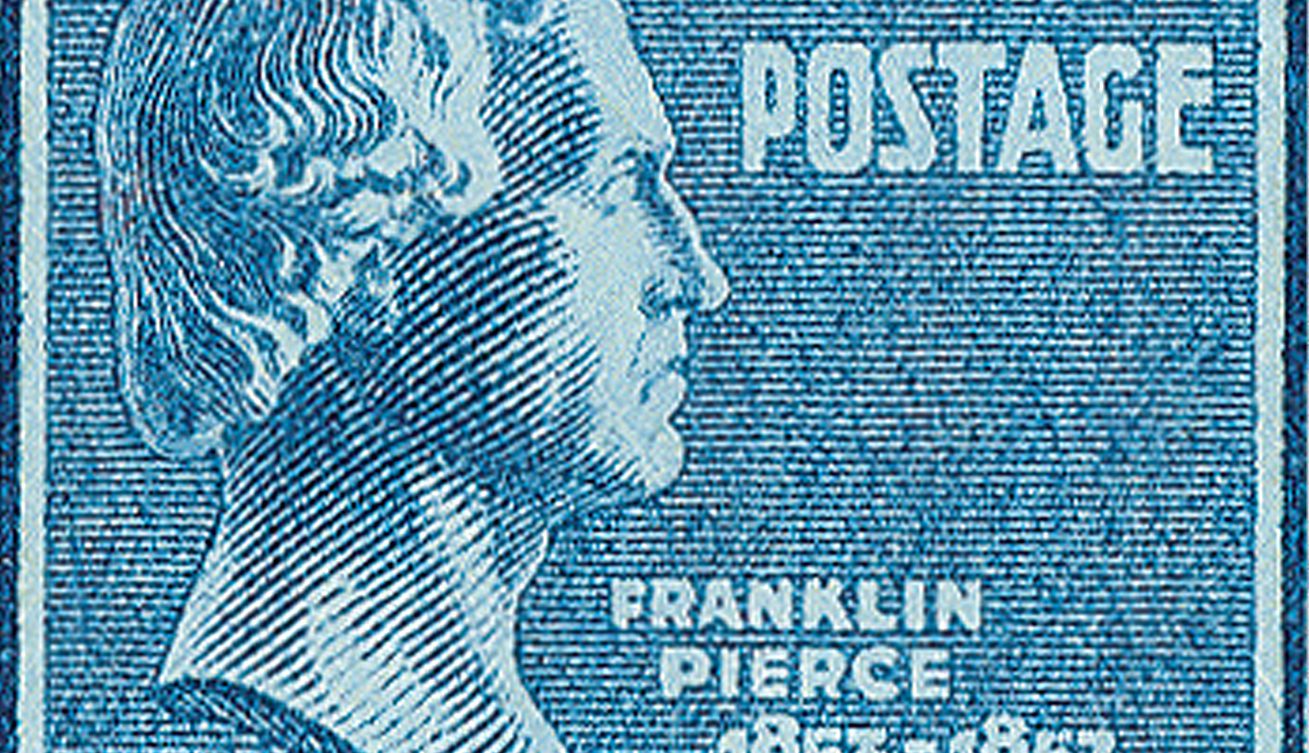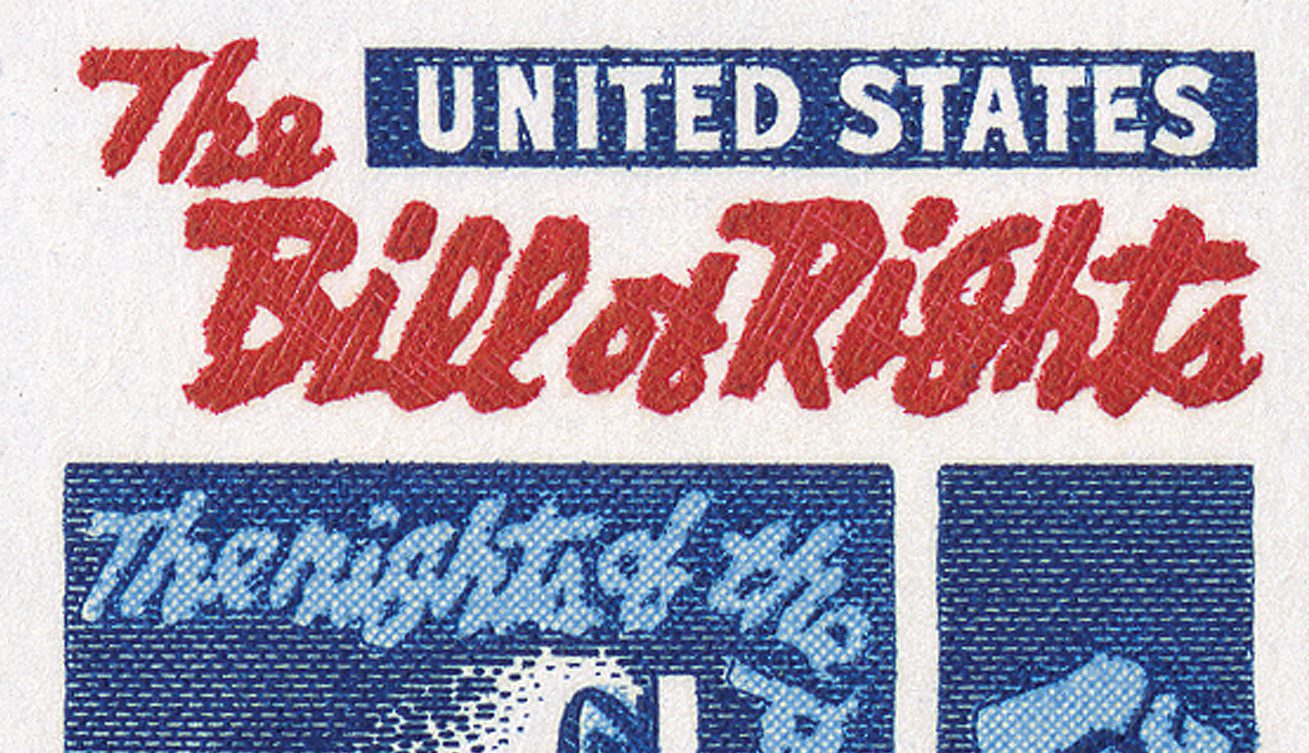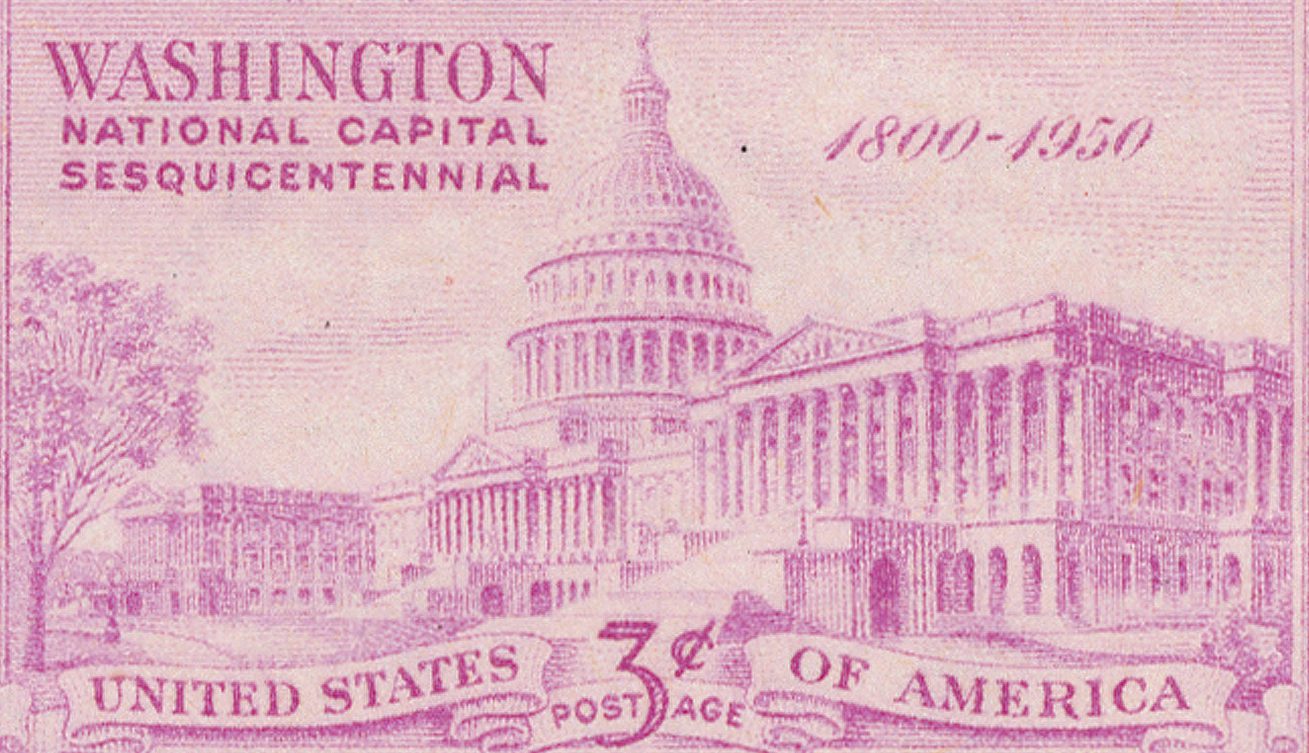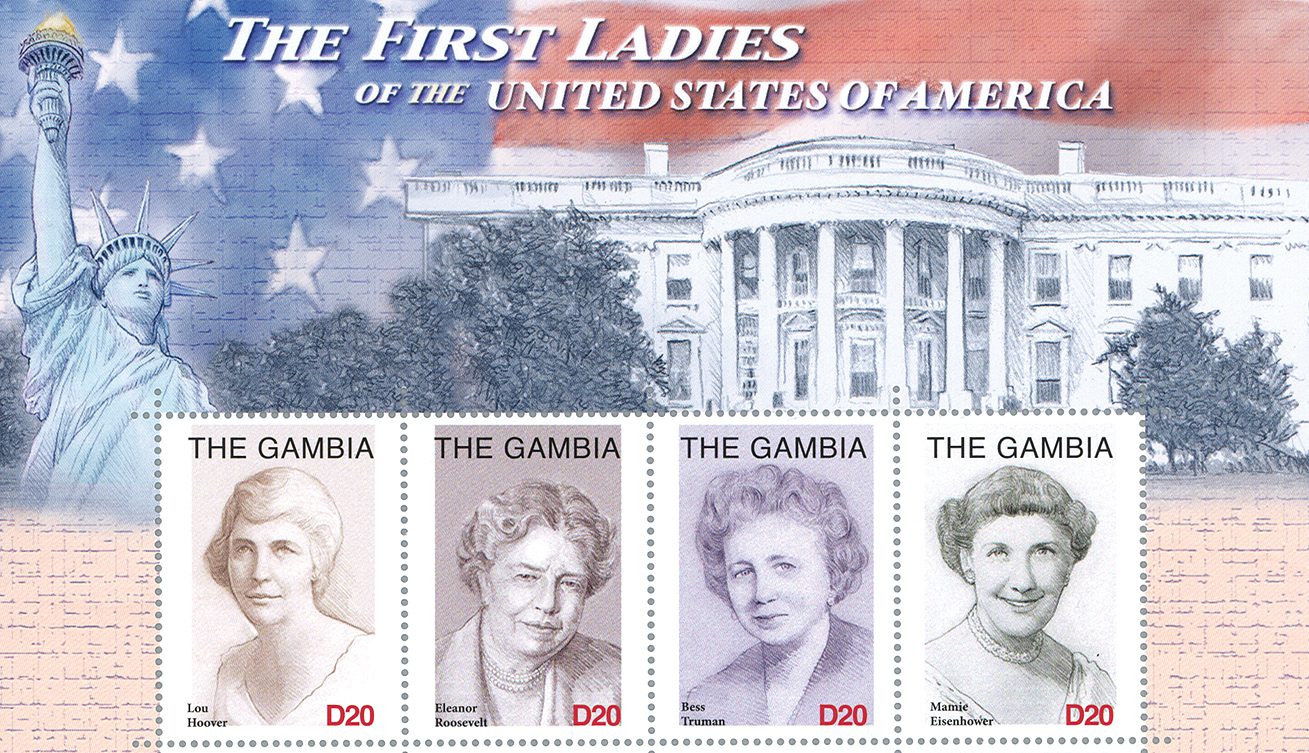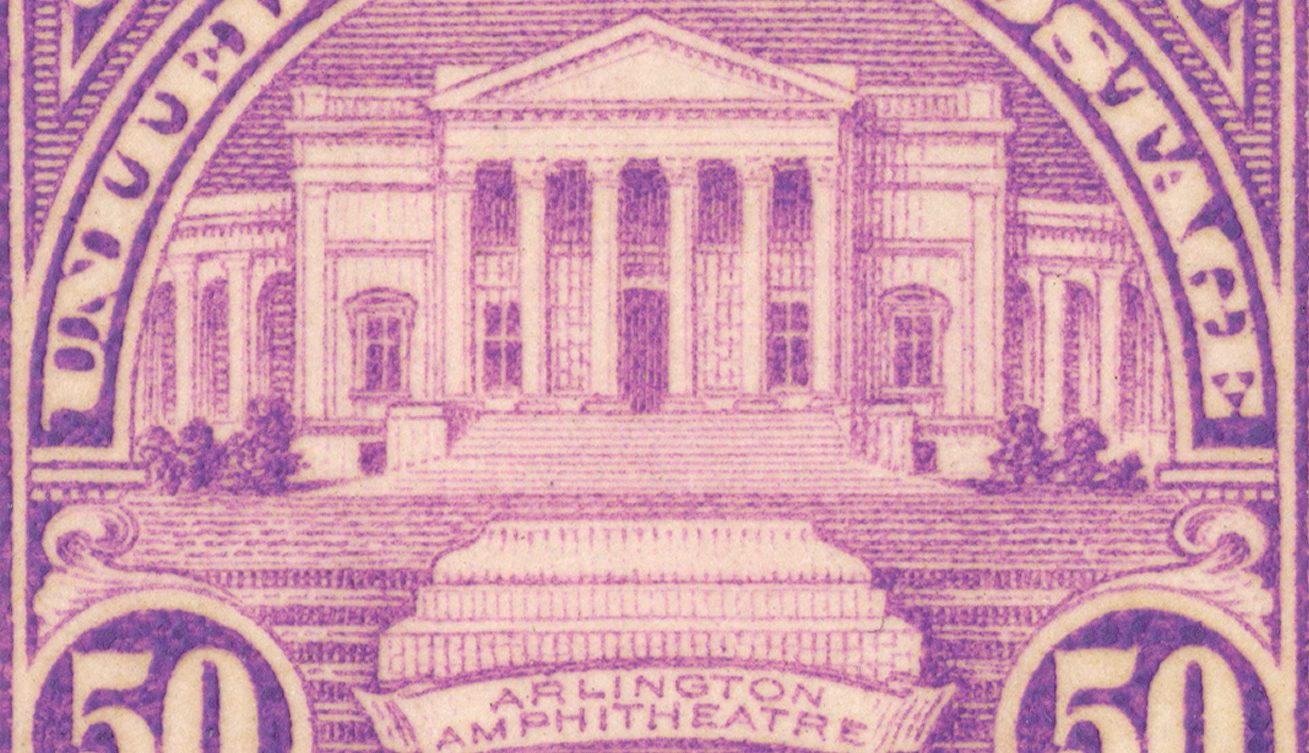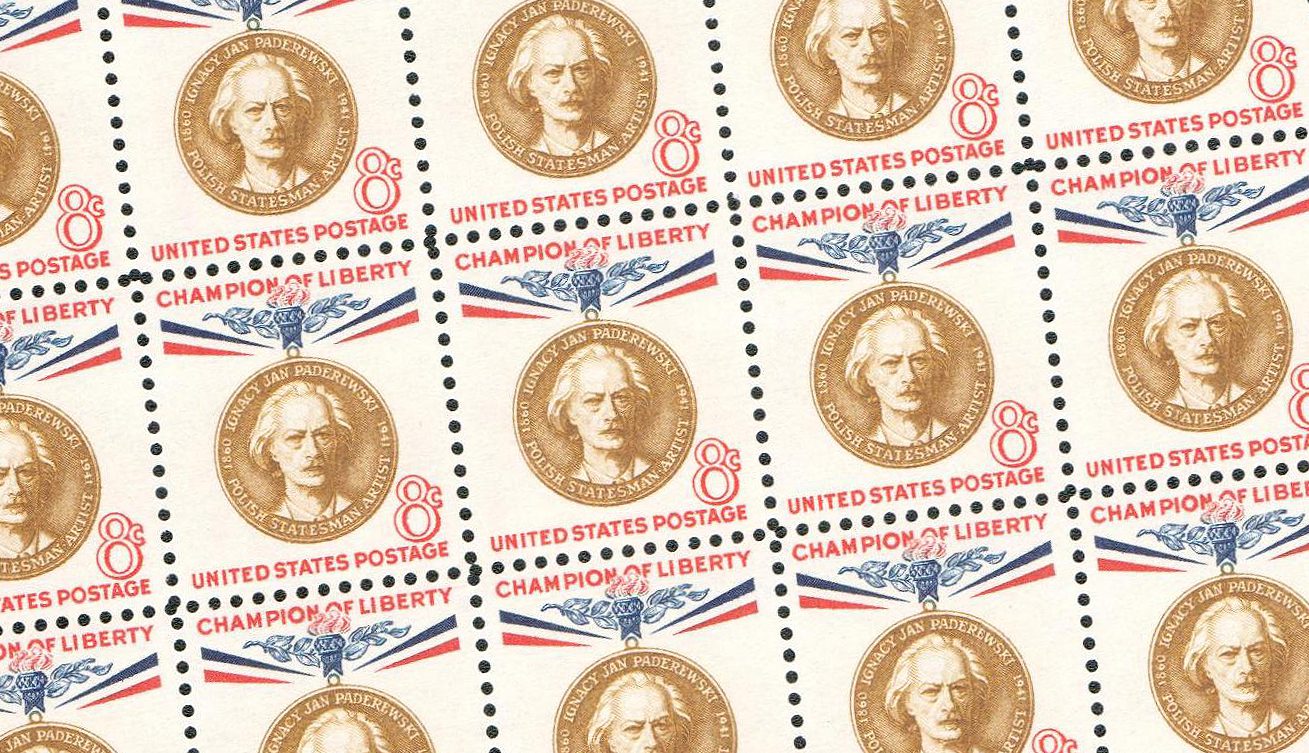Birth of President Franklin Pierce
America’s 14th president, Franklin Pierce, was born in Hillsborough, New Hampshire, on November 23, 1804. Despite his early popularity, Pierce only served one term due to his poor handling of the growing slavery issue.

